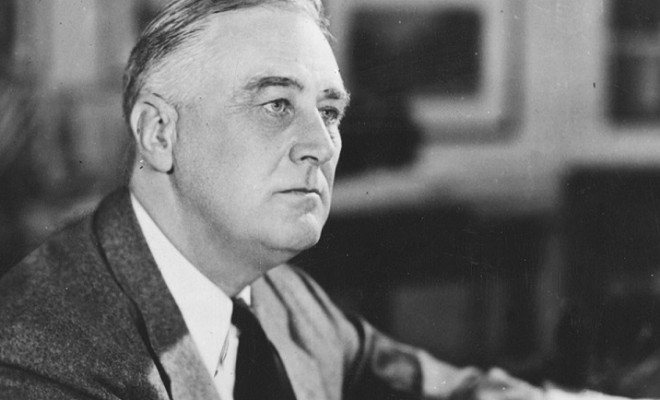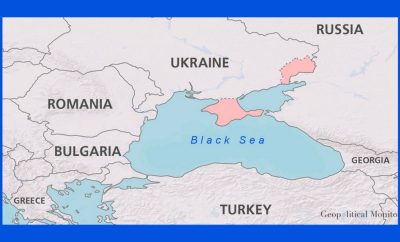
The Next Liberal Order
The Age of Contagion Demands More Internationalism, Not Less
When future historians think of the moment that marked the end of the liberal world order, they may point to the spring of 2020—the moment when the United States and its allies, facing the gravest public health threat and economic catastrophe of the postwar era, could not even agree on a simple communiqué of common cause. But the chaos of the coronavirus pandemic engulfing the world these days is only exposing and accelerating what was already happening for years. On public health, trade, human rights, and the environment, governments seem to have lost faith in the value of working together. Not since the 1930s has the world been this bereft of even the most rudimentary forms of cooperation.
The liberal world order is collapsing because its leading patrons, starting with the United States, have given up on it. U.S. President Donald Trump, who declared in 2016 that “we will no longer surrender this country . . . to the false song of globalism,” is actively undermining 75 years of American leadership. Others in the U.S. foreign policy establishment have likewise packed their bags and moved on to the next global era: that of great-power competition. Washington is settling in for a protracted struggle for dominance with China, Russia, and other rival powers. This fractured world, the thinking goes, will offer little space for multilateralism and cooperation. Instead, U.S. grand strategy will be defined by what international relations theorists call “the problems of anarchy”: hegemonic struggles, power transitions, competition for security, spheres of influence, and reactionary nationalism.
But this future is not inevitable, and it is certainly not desirable. The United States may no longer be the world’s sole superpower, but its influence has never been premised on power alone. It also depends on an ability to offer others a set of ideas and institutional frameworks for mutual gain. If the United States abandons that role prematurely, it will be smaller and weaker as a result. A return to great-power competition would destroy what is left of the global institutions that governments rely on for tackling common problems. Liberal democracies would further descend into disunion and thereby lose their ability to shape global rules and norms. The world that would emerge on the other side would be less friendly to such Western values as openness, the rule of law, human rights, and liberal democracy.
Συνέχεια ανάγνωσης εδώ
Πηγή: foreignaffairs.com




